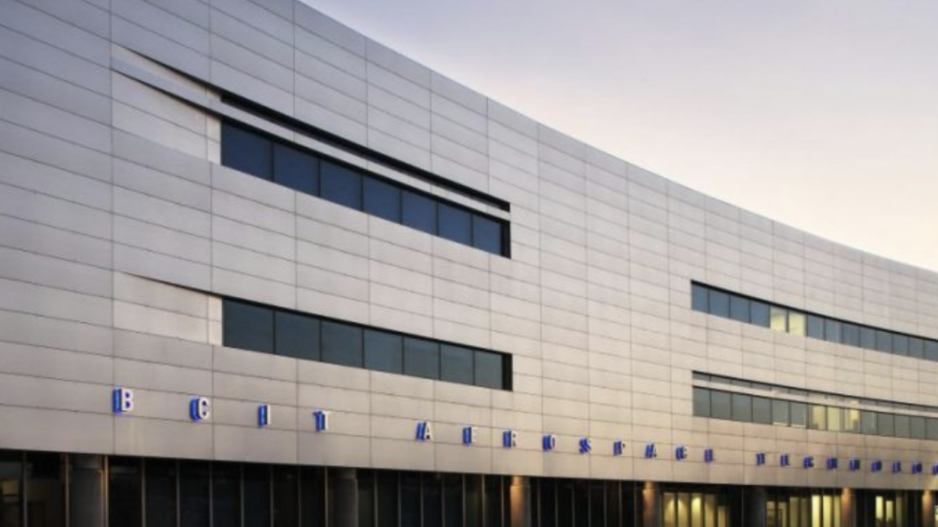This column was originally published in Life Sciences Magazine. Read the full digital edition here.
The British Columbia Institute of Technology (BCIT) and Canadian Alliance for Skills and Training in Life Sciences (CASTL) are partnering to create the National Biomanufacturing Training Centre (NBTC), a state-of-the-art training facility located on the grounds of the BCIT Aerospace Technology Campus in Richmond.
Working together, BCIT and CASTL will deliver a suite of training programs to respond to the needs of the life sciences industry and the growing number of biomanufacturing businesses in B.C.
The NBTC will be the first of its kind in British Columbia. The facility will contain leading-edge pilot scale bioprocessing equipment, allowing learners to gain the practical skills that are transferable to operations in a real biomanufacturing setting. By training in an environment that replicates a good manufacturing practice (GMP) facility, students are allowed the time and space to learn without the pressure of disrupting real-life operations which can cost companies valuable time and resources.
Scheduled to open in the spring of 2024, with the first biomanufacturing training program being delivered that summer, CASTL’s experienced industry trainers will deliver courses covering a range of topics including contamination control and quality assurance to upstream and downstream bioprocessing. These initial foundational courses in biomanufacturing and bioprocessing will provide a strong platform for learners to gain practical skills that can be immediately applied in the workforce. Phase two of the training, to be initiated in late 2024, will focus on BCIT’s agile and flexible learning approach. It will allow for the development and delivery of microcredentials and other short courses to complement CASTL’s curriculum and further address the specific needs of industry.
B.C. is a globally relevant leader in several life sciences fields, including antibiodies and vaccine research and development. The recent $7.2 million funding investment from PacifiCan and the Government of B.C. earlier this year builds on the overall commitment to support the diverse talent development and training needs of the industry. For some companies, it may mean basic skill development for new hires in biomanufacturing, and for others, it may be upskilling of current employers. For people working in other industries, this training centre will be an opportunity to reskill for the life sciences industry. No matter the need, BCIT and CASTL will be ready to support.
This National Biomanufacturing Training Centre is a B.C. resource and will bring academia, government and industry partners together to work collaboratively to ensure there is high quality, hands-on biomanufacturing training that is aligned with industry needs to fill current and future roles. This will help strengthen B.C.’s leadership as a global hub for life sciences and biomanufacturing, as well as to help advance Canada’s capabilities in developing pharmaceutical products and vaccines.
Lisa Chu is dean for the School of Health Sciences at BCIT. The school offers 34 programs, including biotechnology in the lab, allied health portfolio, diagnostic imaging, bachelor of science in nursing, and many specialty nursing programs, such as emergency and pediatrics.
This column was originally published in Life Sciences Magazine. Read the full digital edition here.




